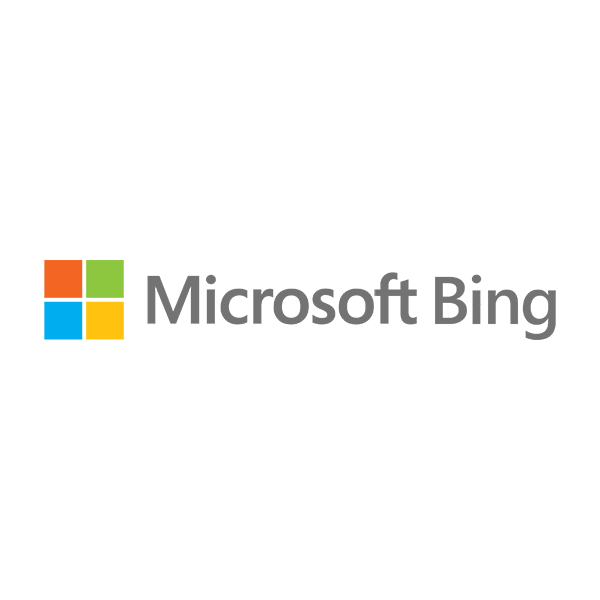Give Bing (SEO) a Chance?

Microsoft's Bing search engine may be a very distant second to Google, but it does have the potential to drive traffic and as such should be on the radar of those responsible for search engine optimization. So what will move you up on search results at Bing?
Searchmetrics recently released a report detailing the SEO ranking factors for Bing and the results are quite interesting - yet not totally surprising. The agency's Rank Correlation study for Bing (it performed a similar study for Google) deals with the "definition and evaluation of factors that differentiate better-positioned websites from pages placed further back in the organic search results - i.e.: pages that have a positive rank correlation."
Searchmetrics studied over 10,000 popular keywords and 300,000 websites appearing in the top 30 search results for the study to understand which factors most influenced rankings on Bing and five factors specifically (listed below) stood out. In your own Bing optimization experience, what role do these factors play in achieving higher placement? Let's dig into the research and see what digital gems might exist to improve our own search optimization campaigns.
A quick note on the difference between optimization for Bing and Google is in order. Searchmetrics data found that nearly 1/4 (24.7 percent) of results that appear on the first page of Bing and Google were the same (although not exactly in the same position). What that means is that while there are some key differences in how the search engines rank results, SEO is not really that different for the search engines.
- Brands Rank Higher: Who's to say what a "brand" really is, but they seem to automatically rank higher in Bing searches much as they do on Google. Searchmetrics did note that the influence of brands did not seem as well defined on Bing as it did on Google as the first four to six positions showed some influence caused by the "brand factor." Interestingly, Searchmetrics reveals that there are more EMDs (Exact Match Domains) ranking in the top ten, on average, at Bing.
- Backlinks & Bing: While both Google and Bing are more actively assessing the link profiles of websites, Searchmetrics found that backlink numbers are closely associated to higher rankings at Bing. Searchmetrics' study found that on average, 52-53 percent of the backlinks of websites ranked among the top 30 results on Bing contained keywords in the anchor text (which is about 10 percent more than Google). And 2 percent of backlinks of pages ranked in the top 30 on Bing contain a stop word (while on Google it is 10 percent).
- Social Signals: Websites with a large number of social signals are those that rank in top position on Bing typically, according to the study. While careful to say that "correlations does not equate to causation," Searchmetrics did see a clear association. Google+ plus ones (0.34) had the highest correlation, followed by Facebook Comments (0.32) and Tweets, with a correlation of 0.30. Social signals however may just be a result of something else - such as good content.
- Good, Quality, Relevant Content: There's simply no denying that quality content is a determining factor in ranking - but what does that actually mean? Searchmetrics found that pages with more text are positive correlated with rankings (in fact, pages ranking the top 30 Bing results featured about 100 more words than those ranking at Google). Content comes in all forms of course and the issue of images is an important one in optimization circles. In Google, the more images on a website the higher the ranking in general, but on Bing it's the opposite.
A quick aside about the role of keywords. Searchmetrics found that documents ranking on the first search result page exhibited more proof keywords (those that are closely associated with the primary keyword) as well as more relevant keywords on average, whereas these kinds of keywords appear less frequently comparatively in pages that ranked in lower positions.
- The Tech Factor: While seemingly ever-present SEO elements such as H1 headings, site speed, and keyword-rich meta descriptions had a low correlation to high rankings as revealed in the Searchmetrics study, they should not be disregarded. Positive on-page factors were present in nearly every page appearing in the top 30 search results at Bing indicating that while they may not be responsible for favorable rankings, they are a prerequisite for ranking higher in the search results.
Bing has a long way to go to unseat Google - that much should be completely obvious to anyone looking at the source of their traffic. Fortunately, should the day come when Bing closes the search traffic gap, optimizing with these insights and principles in mind will ensure the SEO success of your enterprise well into the future.







